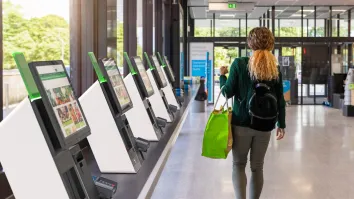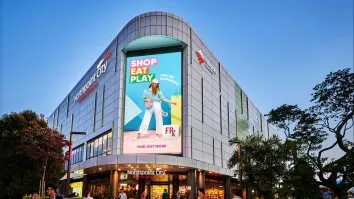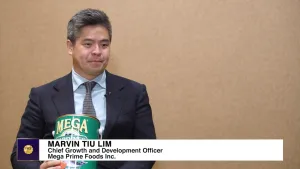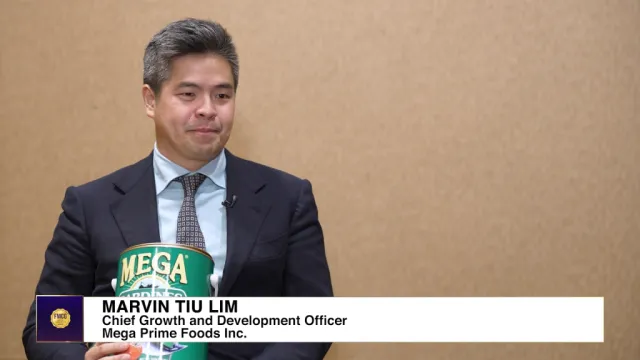Dispensing solutions for retail gaps with the help of technology
The adoption rate of self-services technology in the Asia-Pacific has been notably high.
In recent years, many developing countries have adopted convenient vending machines and the Asia-Pacific vending machine market is expected to witness market growth of 17.6% CAGR from 2017 to 2023, according to market and research data provider ResearchAndMarkets.com's Asia Pacific Vending Machine Market Analysis (2017-2023) report.

Chef-in-Box offers flavours of India, Thailand and Korea.
Vending machine technology continues to provide the latest advancements such as face recognition systems and identity card identification to verify the buying history of customers, thereby ushering an era of technologically-advanced vending machines.
The adoption rate of self-services technology in the Asia-Pacific region (which includes China, Japan, India, Australia, Singapore and Taiwan) is notably high, due to technological advancements and emergence of new business models. China and Japan hold the maximum market share of vending machine market, the report said.
India and Australia, on the other hand, are showing tremendous potential towards the adoption of self-service technology during the forecast period. ResearchAndMarkets.com also cited the boom in the retail sector and emerging infrastructure as some of the key factors facilitating the growth of the vending machines in this region.
For example, NTT communications in Japan has introduced SIM card vending machine to address the needs of tourists in the country.
Retail Asia checked with Tony Chng, CEO at JR Vending and group COO at JR Group of Companies, to learn more about the appeal of vending machines in today’s economy. He shared that vending machines provide a variety of choice to consumers and are not limited to a bricks-and-mortar store’s standard operating hours. The machines also fit the fast pace lifestyle of today’s consumers by offering a convenient and fuss-free grab-and-go method of purchasing.

Chef-in-Box is poised to expand its suite of food offerings to supermarkets and foodservices such as hotels, restaurants and caterers.
“We are complementary to the bricks-and-mortar shops such as convenience stores and supermarkets. For customers who want to have more variety and have more time to browse and shop or prefer to have human interaction, the bricks-and-mortar provide customers with such options. For customers who are time-starved and need a quick bite on-the-go, the Vendcafé fills that gap,” he explained.
Each Vendcafé provides hot food around the clock and also a selection of hot drinks (including coffee and tea), fresh orange juice, cakes, salads, sandwiches and snacks. The meals are produced in the company’s manufacturing plant in Singapore, with no preservatives added. They are made from fresh ingredients and cooked by a team of chefs, Chng shared, and the same meals are also available in convenience stores, supermarkets and online platforms. “The first Chef-in-Box Vendcafé, the first food vending machine café in Singapore”, opened in August 2016 and there are currently 10 Vendcafés in service.
Chng opined that vending machines will be more commonplace over the next few years, and will no longer be limited to dispensing the usual canned drinks and snacks. “With rising rentals and shortage of manpower, companies will look to more innovations to increase their productivity. Perhaps, that might come in the form of vending machines for some, while other companies will innovate differently,” he said.
By Muneerah Bee



















 Advertise
Advertise








